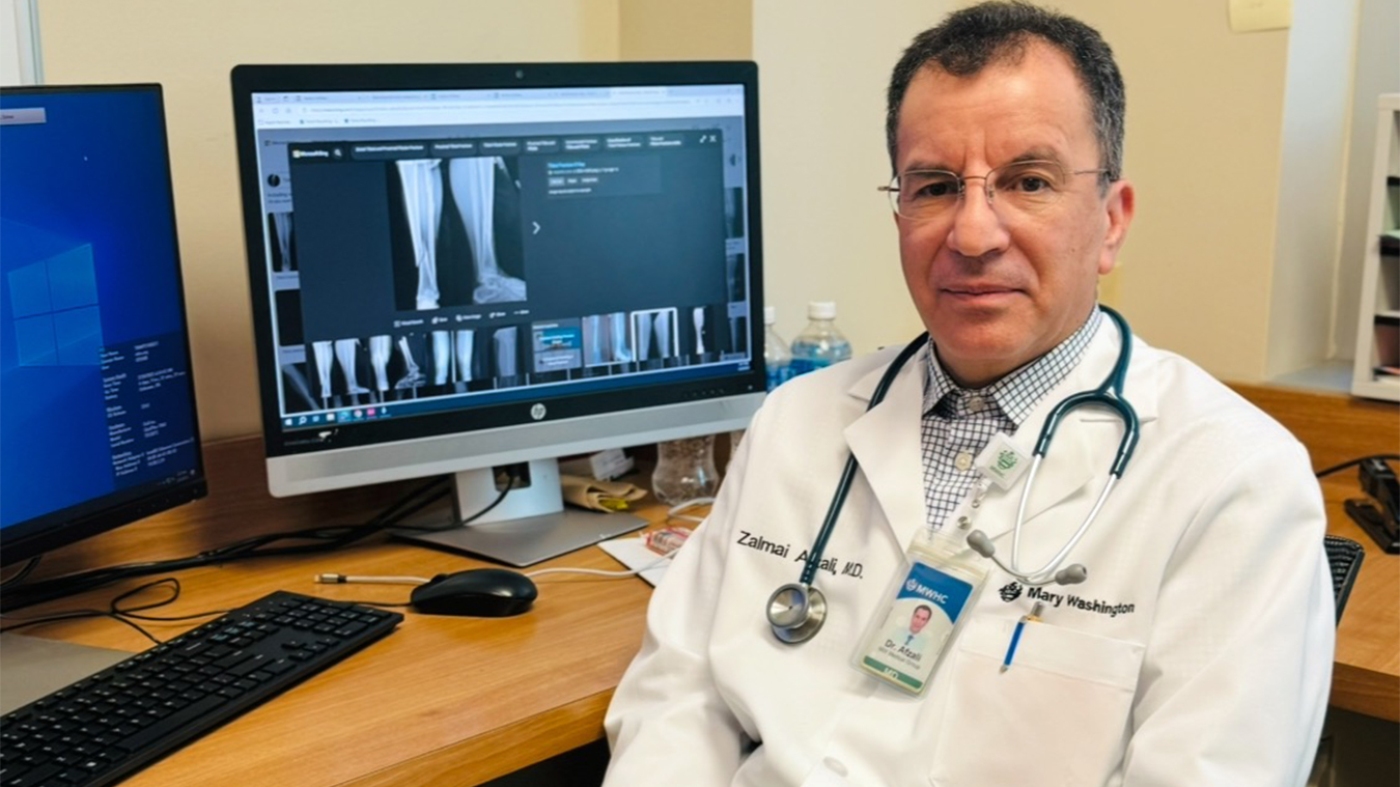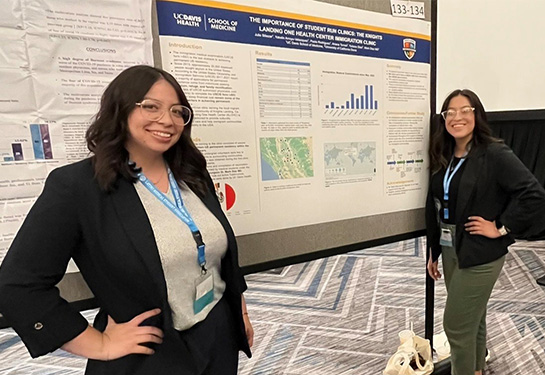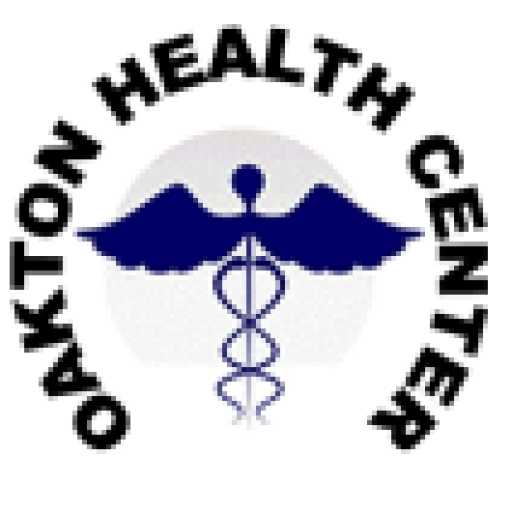A growing number of states are changing legislation to make it easier for foreign-trained doctors to gain medical licenses, among them Florida, Iowa, Idaho, Illinois, Louisiana, Massachusetts, Tennessee, Virginia, and Wisconsin. This development is believed to help tackle shortages in physicians, particularly in rural areas. Currently, about one-quarter of doctors practicing in the US were born abroad. Typically, foreign-trained doctors must gain federal visas and state licenses to practice medicine in the US, and they have historically been required to retrain in the US, even if they’ve already completed similar schemes abroad.
Furthering efforts to combat health inequalities in immigrant communities, Johns Hopkins has developed programs like Steps to Success, focusing on supporting immigrants and their children, who often struggle to access healthcare. The nonprofit Asylee Women Enterprise (AWE) has collaborated with HEAL Refugee Health & Asylum Collaborative to assist survivors of human trafficking in accessing essential services. Simultaneously, the Center for Salud/Health and Opportunities for Latinos (Centro SOL) aims to improve health and opportunity for the Latinx community in Baltimore.
Regardless of immigration status, it is recommended that immigrants carry documents confirming their identity. Numerous forms of ID are accepted, including Green Cards, work permits, and driver’s licenses. Documents confirming pending immigration status, such as application receipts from the United States Citizenship and Immigration Services, are also advised. Fictional documents or those belonging to others should not be carried. Those who have been in the US for over two years are also advised to carry proof of residence.
Medical students from UC Davis have been honored at the Latino Medical Student Association (LMSA) National Conference for their academic poster outlining the creation of a free health program for immigrants. The program, which provides physical examinations for immigrants applying for green cards, operates out of the student-run clinic, Knights Landing One Health Center. The exams are conducted for free in an effort to ease the financial burden on uninsured immigrants who usually face costs of $600-1,000 for a physical exam. The service, known as the Immigration Medical Exam specialty clinic, is run by the students under the mentorship of community physician volunteer, Mark Diaz.
In response to the ongoing refugee crisis, healthcare professionals across the US are prepared to treat new refugees and those already in the country. While refugees are screened and cleared for active infectious diseases and untreated psychiatric disorders before arriving in the US, often, they present with a large variety of undiagnosed diseases or emotional trauma. To address these challenges, several medical institutions have been looking at ways to provide primary care to refugees. Refugees are required to have a basic health screening within 90 days of arrival, providing a unique training ground for medical students and residents.
Meanwhile, a group of University of Illinois at Chicago (UIC) medical students formed the Mobile Migrant Health Team to provide medical attention to immigrants arriving at the border. Since May, the student group has provided care to more than 3,000 immigrants housed in Chicago police stations. The team is comprised of around 80 volunteers, including UIC medical students, physician assistants, nurses, and doctors from other hospitals. The students interact directly with the immigrants to assess any urgent or emergent health needs, provide general medical advice, and deliver over-the-counter medications for minor health issues. The initiative sees the involvement of licensed physicians to oversee the care provided by medical students.
Simultaneously, child specialists at UIC have been working with the National Youth Advocate Program to provide services to unaccompanied children and coordinate their placement with foster families. These children often require trauma-informed care due to their challenging journeys to the US.
Overall, these initiatives highlight the critical role of medical students and institutions in addressing the complex healthcare needs of refugees and immigrants and providing culturally-sensitive care. They also underline the potential for hands-on medical training opportunities in attending to the health needs of underserved communities.
The health care needs of refugees can often be extensive leading to higher reimbursements for initial care visits. This increased funding can support additional staff and services. It’s important for staff to have training in cultural humility and scheduling flexibility to overcome language and other cultural barriers that refugees might face. A dedicated front-office staff member assigned to coordinate patient visits can help alleviate difficulties refugees may have in understanding the patient appointment process. This may be a significant investment in terms of staff and time, but it can lead to a reduction in missed appointments and an increase in revenue for the value-based health systems.
2. USCIS Plans Major Changes to its Credit Card Payment Process
USCIS, the US agency handling immigration and naturalization, is planning significant changes to its credit card payment process. The new system will no longer allow the direct mailing of credit card payment forms, putting an end to the practice of sending Form G-1450, Authorization for Credit Card Transactions. Instead, applicants will now have to use the agency’s online portal to pay any required fees. This is to increase efficiency and reduce paperwork within the agency. USCIS is also working to add more payment options to provide applicants with more flexibility and convenience. The agency emphasized that this transition is part of ongoing efforts to modernize and enhance customer service operations.
3. Revamping the USA Immigration Medical Exam Process
The immigration medical exam, which is a necessary part of the US immigration process, is set to undergo significant updates. The US Department of Health and Human Services (HHS) has proposed changes to the examination process aiming to simplify it, and make it more understandable and transparent for immigrants. The proposal suggests reducing or eliminating certain tests and vaccinations that are no longer considered essential. Also, it will standardize the medical history format to make it more uniform across all immigration exam locations. Overall, the changes are designed to make the immigration medical examination less stressful and more user-friendly.
4. Update on Family Medicine
In the realm of Family Medicine, there are advancements in understanding and treating a range of health issues. Doctors are shifting emphasis from broad prevention measures to more individualized patient care. Access to genetic testing is allowing doctors to tailor treatments to a patient’s specific genetic makeup. Also, advancements in telemedicine have enabled remote patient monitoring. This not only allows real-time adjustments to treatment but also gives greater flexibility for patients who have mobility issues or live in rural areas. The digitization of health records is helping streamline record-keeping and patient communication. These changes not only improve patient outcomes but also help in reducing costs, improving efficiency, and overall, making healthcare more accessible and effective.
Sources:
 To solve for doctor shortages, states ease licensing for foreign-trained physicians : Shots – Health News
To solve for doctor shortages, states ease licensing for foreign-trained physicians : Shots – Health News Salud!
Salud! Immigrants: Always Carry These Documents
Immigrants: Always Carry These Documents Medical students earn top honors at national conference
Medical students earn top honors at national conference Refugee Health Clinics Help New Arrivals, Provide Training Ground for Students and Residents
Refugee Health Clinics Help New Arrivals, Provide Training Ground for Students and Residents Building Capacity to Care for Refugees
Building Capacity to Care for Refugees





Leave a Reply